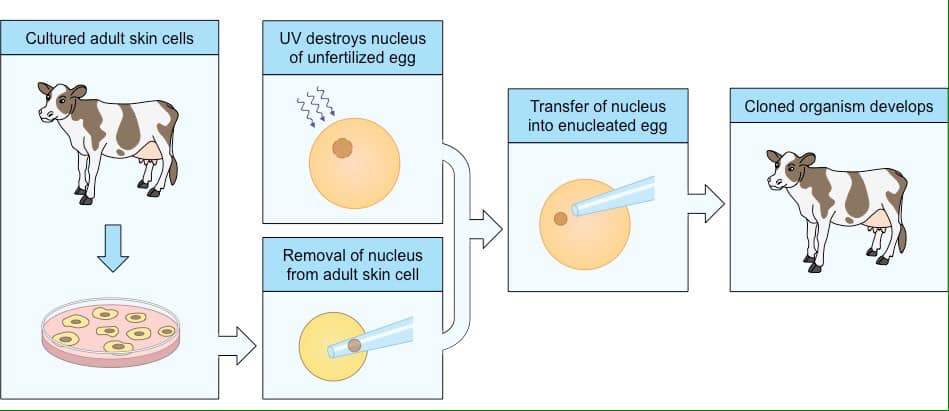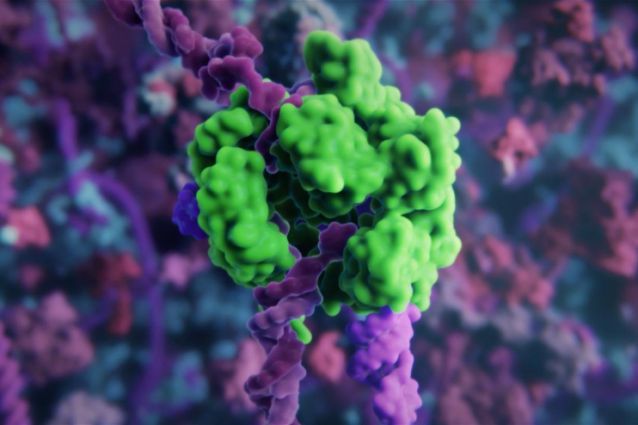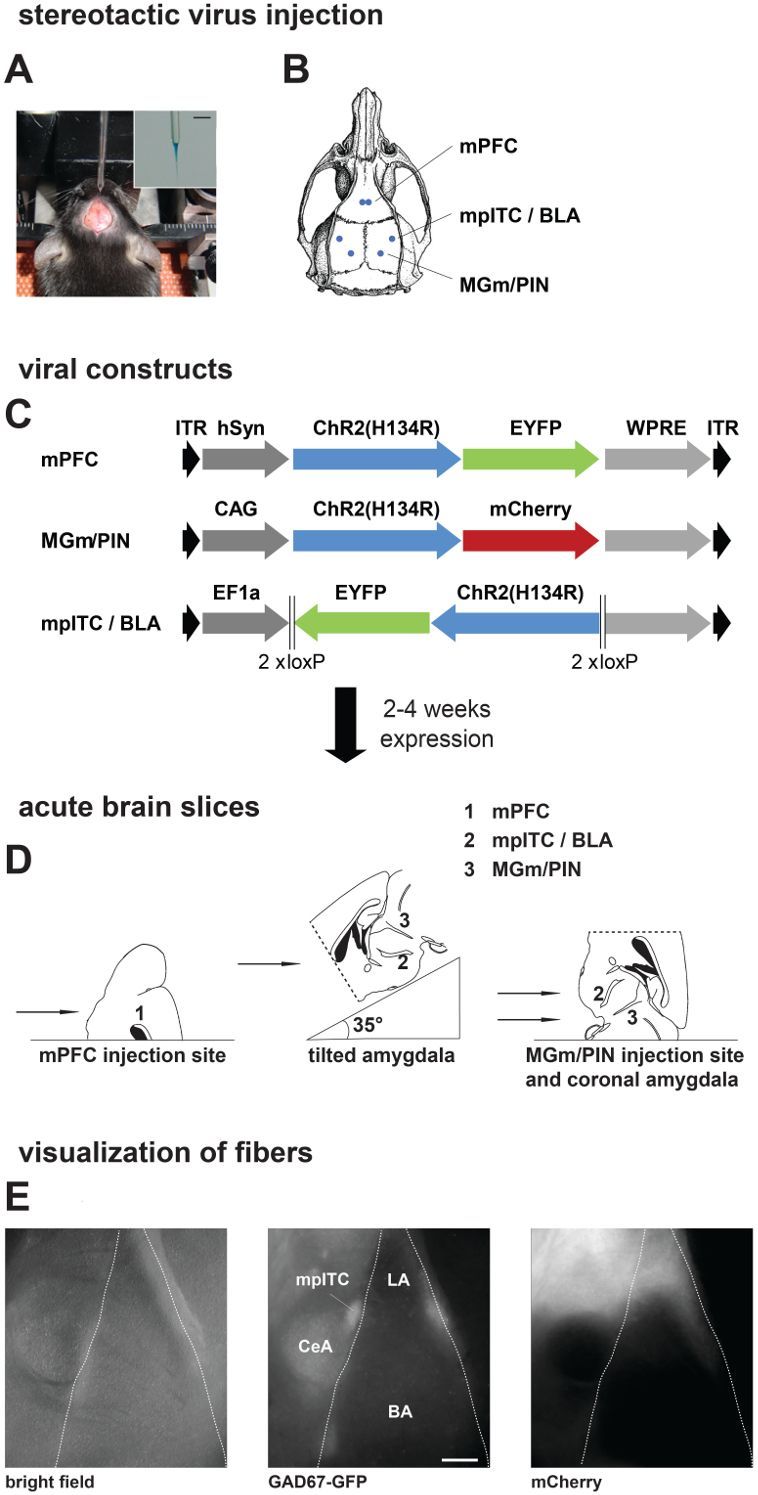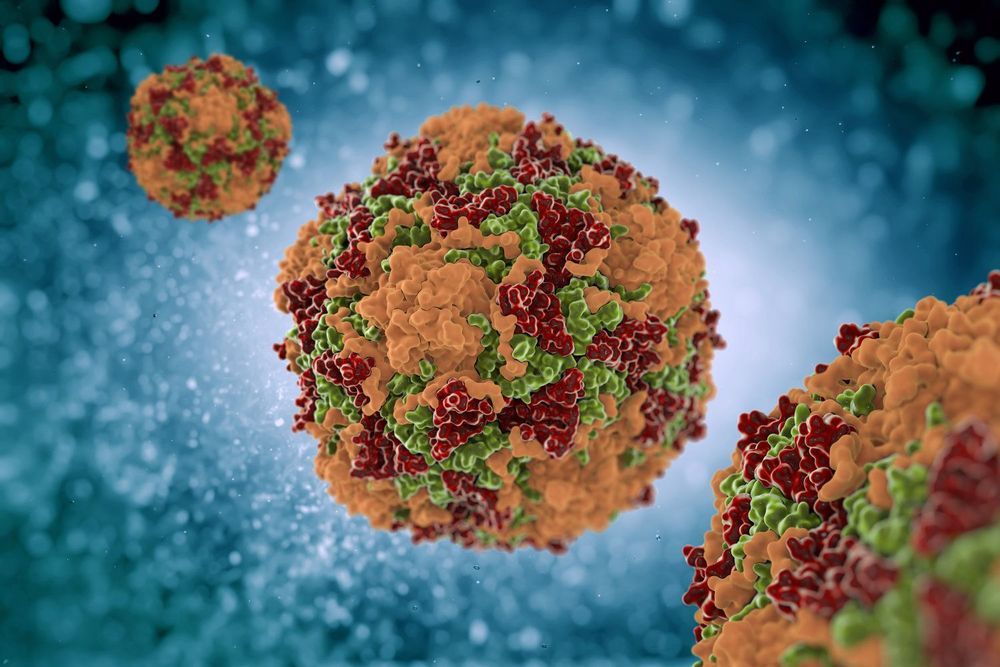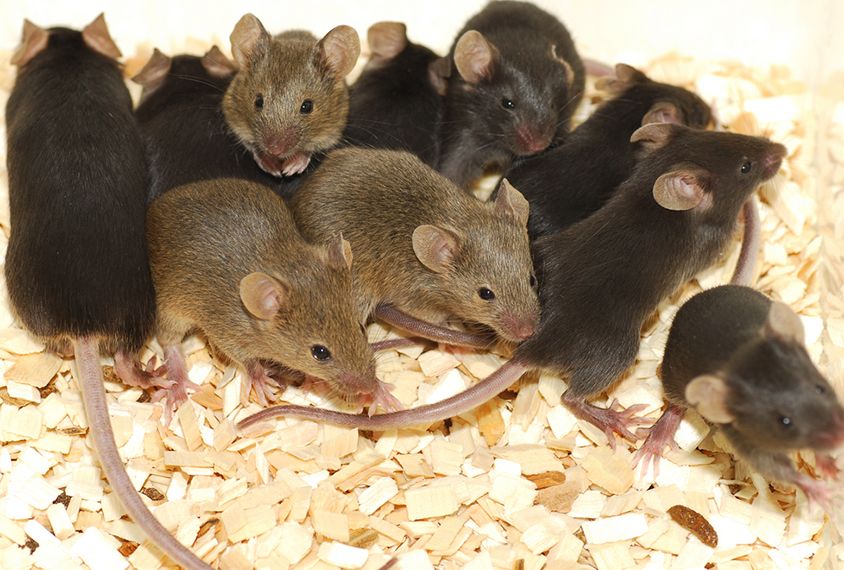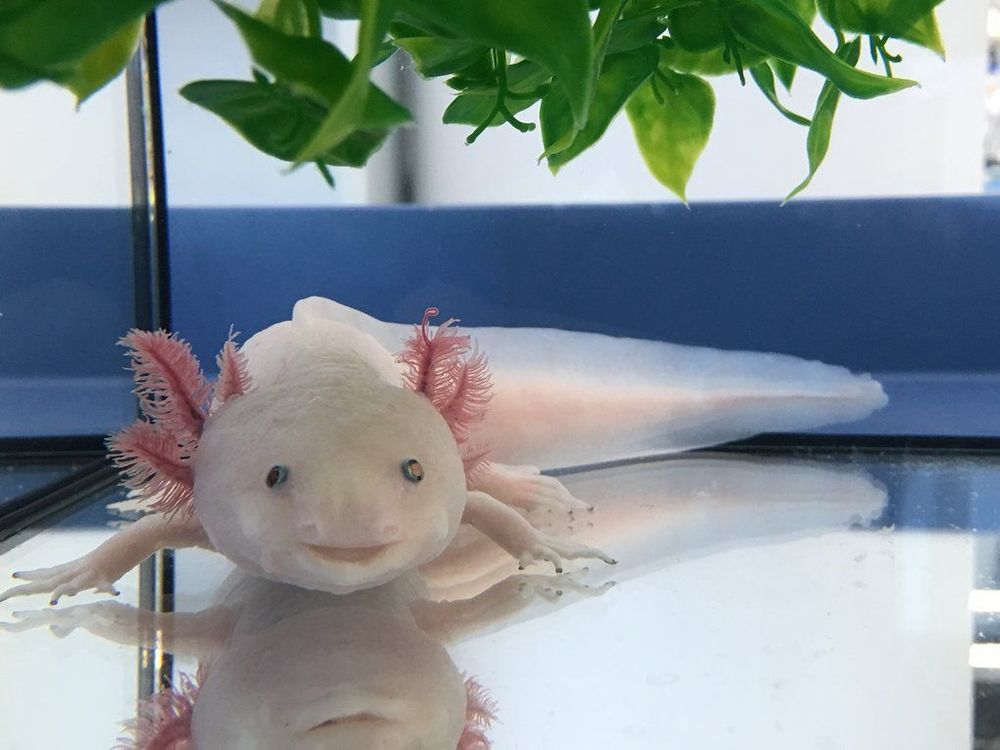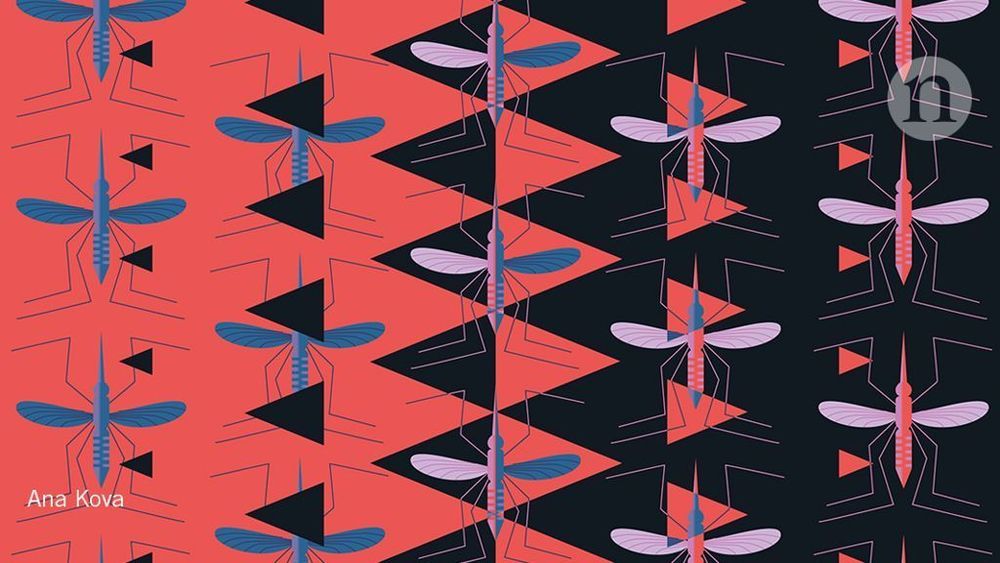Researchers at Tufts University and the Chinese Academy of Sciences have developed a new lipid nanoparticle which can deliver CRISPR/Cas9 gene editing tools into organs with high efficiency, suggesting that the system is promising for clinical applications.
The CRISPR/Cas9 system is currently being investigated as a way to treat a variety of diseases with a genetic basis, including Duchenne muscular dystrophy, Huntington’s, and sickle cell disease. While the system has significant promise, there are some issues that need to be resolved before it can be used clinically. CRISPR/Cas9 is a large complex, and it is difficult to get it inside cell nuclei where it is needed for gene editing.
Scientists have tried a variety of delivery vehicles for CRISPR/Cas, which are intended to carry the gene editing tools to their location and help them enter the cell and nucleus. These have included viruses and various types of nanoparticle. However, to date, these have suffered from low efficiency, whereby very little of the delivered agent reaches the cells or organs where it is needed.
